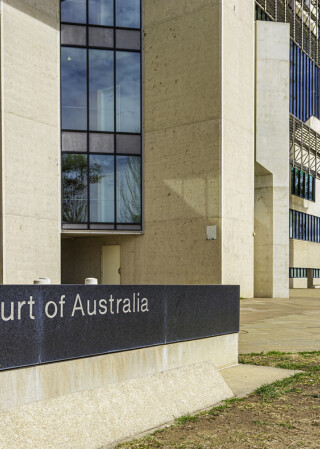
Incapable of Evil
What is doli incapax? Doli incapax is a Latin term that is defined as "incapable of evil"
NSW Doli Incapax
In NSW, Doli Incapax is the common law presumption that a child aged between of 10 – 14 years does not possess the necessary knowledge to have criminal intention, that is, the child is incapable of committing a crime due to a lack of understanding between right and wrong.
To rebut the presumption, the Prosecution must prove beyond reasonable doubt the elements of the offence and that the child knew what they did was seriously wrong, as distinct from mere mischief.
BDO v The Queen (2023) HCA 16
In Australia, a person under 14 years of age cannot be found criminally responsible unless it is proven beyond reasonable doubt that the child knew what they did was wrong.
In the High Court decision of BDO v The Queen (2023) HCA 16, the Appeal looked at the accused’s criminal responsibility for acts which took place when he was under the age of 14 within the context of Queensland Law.
One of the questions the Court considered was the difference between a child’s capacity to know they should not do the act versus the child’s actual knowledge.
The capacity of a child is the ability of the child to understand moral wrongfulness. This will usually depend on an inference to be drawn from evidence as to the child’s intellectual and moral development. The actual knowledge of the child is what in fact they do know and understand.
Whilst this was not a new concept to this particular area of law, the discussion around moral wrongfulness was interesting for future cases. The judgment confirmed that wrongness is expressed by reference to the standard of reasonable adults and it is not adjusted to be wrong by the law or by a child’s standard of naughtiness.
In relation to NSW Law, the High Court case reaffirms the position set out in RP v The Queen (2016) 259 CLR 641.
Principles
The principles from this case include:
The prosecution must rebut the presumption of doli incapx as an element of the Prosecution case.
Proof requires that the child appreciated the moral wrongness of the alleged offence as opposed to being aware the conduct was “naughty”.
The evidence to provide guilty must be clear and beyond all doubt.
The evidence is not mere proof that the child did the act charged.
The contents of this publication are for reference purposes only. This publication does not constitute legal advice and should not be relied upon as legal advice. Specific legal advice should always be sought separately before taking any action based on this publication.
Want to hear more from us?
Subscribe to our mailing list

